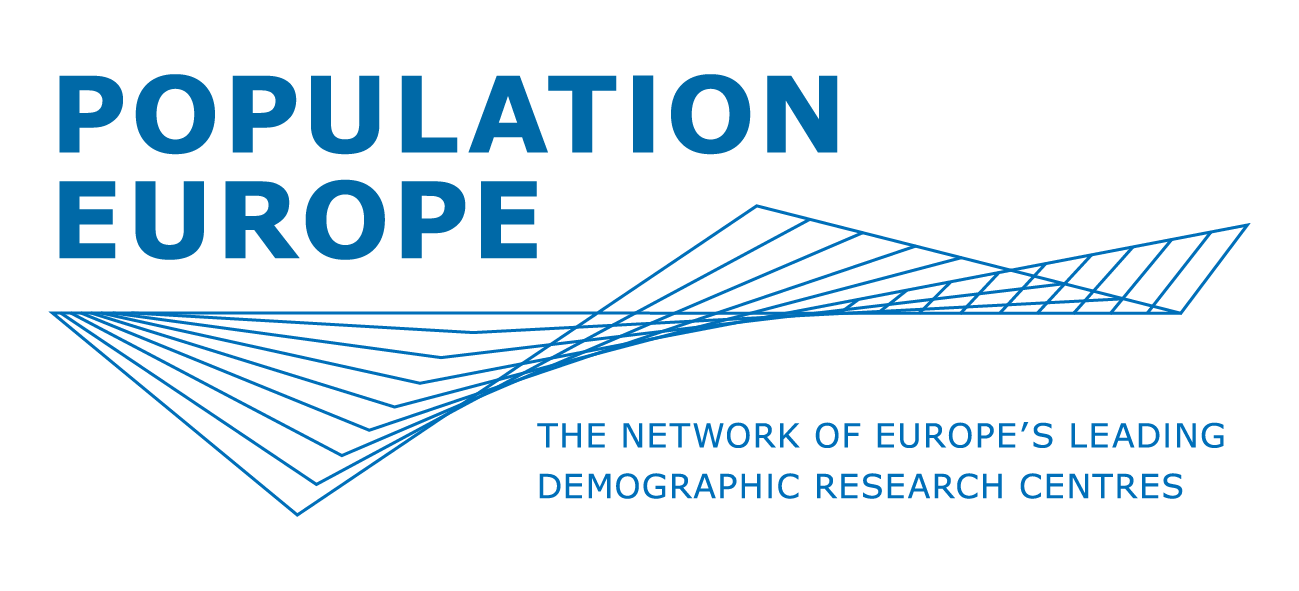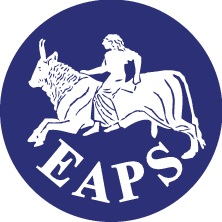Kopcsó Krisztina
Research Fellow
Research fields
- prenatal mental health and maternal-fetal attachment
- child development
- nighttime fears
Contact
e-mail: kopcso@demografia.hu
Publications
Sándor, Nikolett Gabriella – Boros, Julianna – Kopcsó, Krisztina – Lábadi, Beatrix (2024): Physical inactivity during pregnancy: its associations with socio-demographic background and mental health. Demográfia, 67(1), 11–42.
Veroszta, Zsuzsanna – Ökrös, Fruzsina – Kopcsó, Krisztina (2023): Impact of labour market reintegration on breastfeeding among mothers of 6-month-olds. Breastfeeding Review, 31(1), 7–19.
Kopcsó, Krisztina Láng, András (2023): Adolescents’ fear of the dark: associations with fear of death and trait-anxiety. European Journal of Developmental Psychology.
Veroszta, Zsuzsanna – Kopcsó Krisztina – Boros, Julianna – Ökrös, Fruzsina (2021). The lockdown experience of Hungarian mothers with young children facing the COVID-19 pandemic. Demográfia English Edition, 63-64(5), 73–99.
Kopcsó, K. – Láng, A. – Coffman, M.F. (2021). Reducing the Nighttime Fears of Young Children Through a Brief Parent-Delivered Treatment—Effectiveness of the Hungarian Version of Uncle Lightfoot. Child Psychiatry & Human Development. https://doi.org/10.1007/s10578-020-01103-4
Veroszta, Zs.- Kopcsó, K. - Boros, J. - Kapitány, B. - Szabó, L. - Spéder, Zs. (2020): Tracking the development of children from foetal age: an introduction to Cohort ’18 Growing Up in Hungary. Longitudinal and Life Course Studies
Boros, Julianna – Kopcsó, Krisztina – Makay, Zsuzsana – Szabó, Laura (2019). Child health and development in Cohort ‘18. In Veroszta Zsuzsanna (ed.): Conceptual framework. Growing Up in Hungary – Cohort ’18. Hungarian birth cohort study. Working Papers on Population, Family and Welfare, No. 32, Hungarian Demographic Research Institute, Budapest, 26–38.
Kopcsó Krisztina 2018: Scale adaptation. In Veroszta Zsuzsanna (ed.) 2018: Technical report. Growing Up in Hungary – Cohort ’18. Hungarian birth cohort study. Prenatal research, preparational phase. Working Papers on Population, Family and Welfare, No. 30, Hungarian Demographic Research Institute, Budapest, 24-29.
Kopcsó, Krisztina – Láng, András (2018): Uncontrolled Thoughts in the Dark? Effects of Lighting Conditions and Fear of the Dark on Thinking Processes. Imagination, Cognition and Personality. DOI:10.1177/0276236618816035
Kopcsó Krisztina – Láng András (2017): Regulated divergence: Textual patterns, creativity and cognitive emotion regulation. Creativity Research Journal, 29(2), 218-223.





